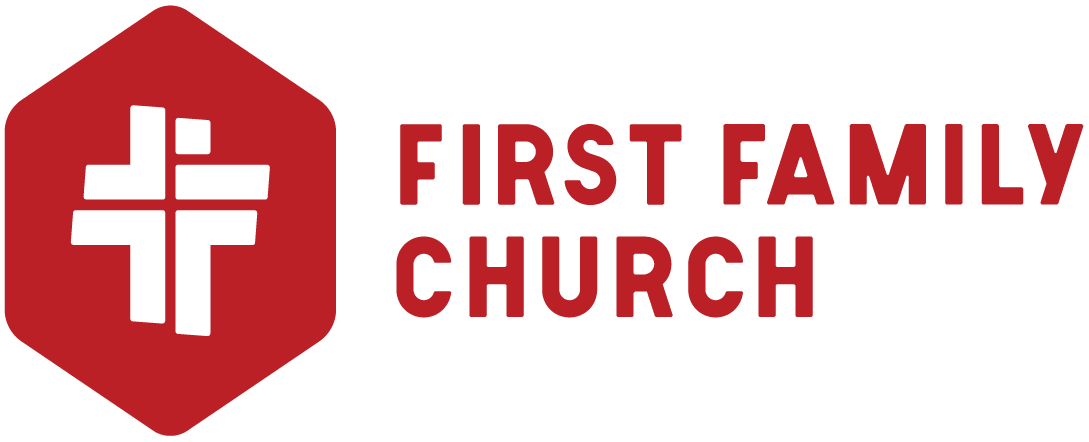Dead to the World’s Elements (Parts 2+3) | Resources
Sermon Text: Colossians 2:16–19
“Therefore, don’t let anyone judge you in regard to food and drink or in the matter of a festival or a new moon or a Sabbath day. These are a shadow of what was to come; the substance is Christ. Let no one condemn you by delighting in ascetic practices and the worship of angels, claiming access to a visionary realm. Such people are inflated by empty notions of their unspiritual mind. They don’t hold on to the head, from whom the whole body, nourished and held together by its ligaments and tendons, grows with growth from God.” (CSB)
Devotionals
You can’t use playing cards. You are required to use a particular Bible translation. You can’t listen to rock music. You can’t go to a movie theatre. You have to wear specific clothes. You can’t be friends with certain people. Rules. Regulations. Created by man, not actually found in the Bible—extra-biblical rules, let’s call them.
We all have some experience living under rules that are not actually found in a chapter and verse in the Bible. Some may seem more extreme than others, but living within man-made regulations is something we cannot escape in our everyday life. So, are we all guilty of legalism? Adhering to rules that aren’t actually found in the Bible or mandated by Christ?
Before we jump to the conclusion that having to live within extra-biblical rules is simply legalistic and bad, let’s remember that we all make extra-biblical rules as well. My kids have a rule of 7:30 PM bedtime. We have a rule that we all eat what mom makes and don’t complain. We have rules about weekly chores around our house that we are all responsible for. We all make and have to live under some extra-biblical rules.
Legalism is not just having extra-biblical rules. It’s not wrong for me to have a rule for my kids to go to bed at 7:30. Legalism is when I look around at other people and judge their standing with God based on their adherence to my own set of extra-biblical rules.
It’s not adherence to any list of man-made rules and regulations that determines our standing with God but what Christ alone has done for us and in us.
—
As I read our text today, only about 100 questions about these two short verses came to mind. How many questions would you like to ask Paul about these two verses? I doubt we will get all our questions answered on this side of Heaven, but we can certainly understand the theme he addresses and hear the warning in these verses.
Since the world’s creation, man has sought something to worship, for we were made to worship! And since the fall in Genesis 3, man has had misplaced worship. We were created to love and worship God, but we so quickly fall for lesser things.
This is what our verses for this week warn us against: worshiping anything less than the King of the world and the only one worthy of our worship!
Friends, I ask you today to, rather than criticize the world around you for its misplaced worship, inspect your own heart and consider any false gods in your life to which you have given your love and devotion. For there is only one “head, from whom the whole body, nourished and held together by its ligaments and tendons, grows with growth from God.”
Would you today turn from any misplaced worship in your life and return to the one and only King of the universe?
Discussion/Reflection Questions
1. Why can’t the things believers eat or drink condemn them? Does what we eat or drink still matter?
2. What is the difference between a shadow and a substance? Which is more important?
3. What does it mean that Christ is the substance? What do these shadows teach us?
4. Why does Paul warn us against ascetic practices and the worship of angels? What is the danger?
5. Have you seen what Paul describes in verse 18? Share an example of misplaced worship in spiritual things.
6. What does verse 19 teach us about the difference of true Christianity?
7. What does this text teach us about the gospel?
8. In light of this text, what does it look like to obey the prompting of the Spirit this week?
Memory Verses
“There is one body and one Spirit—just as you were called to one hope, at your calling—one Lord, one faith, one baptism, one God and Father of all, who is above all and through all and in all.” Ephesians 4:4–6
“Now if we died with Christ, we believe that we will also live with him, because we know that Christ, having been raised from the dead, will not die again. Death no longer rules over him.” Romans 6:8–9

